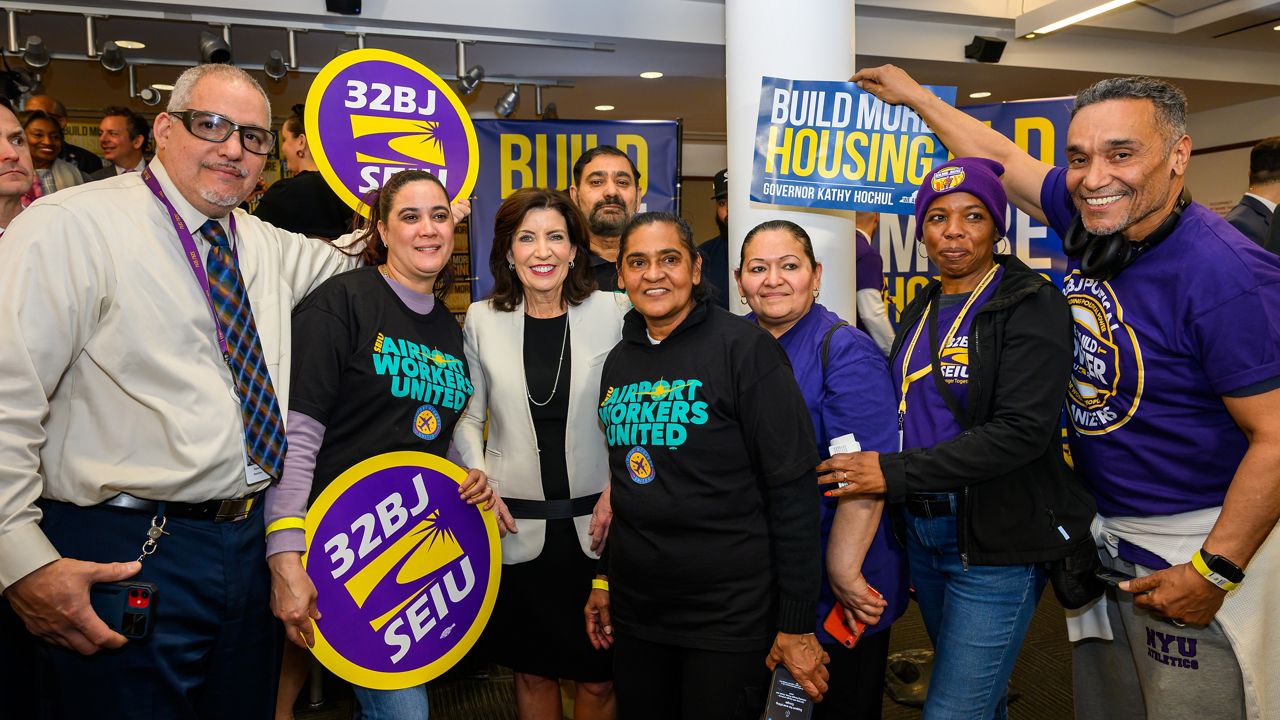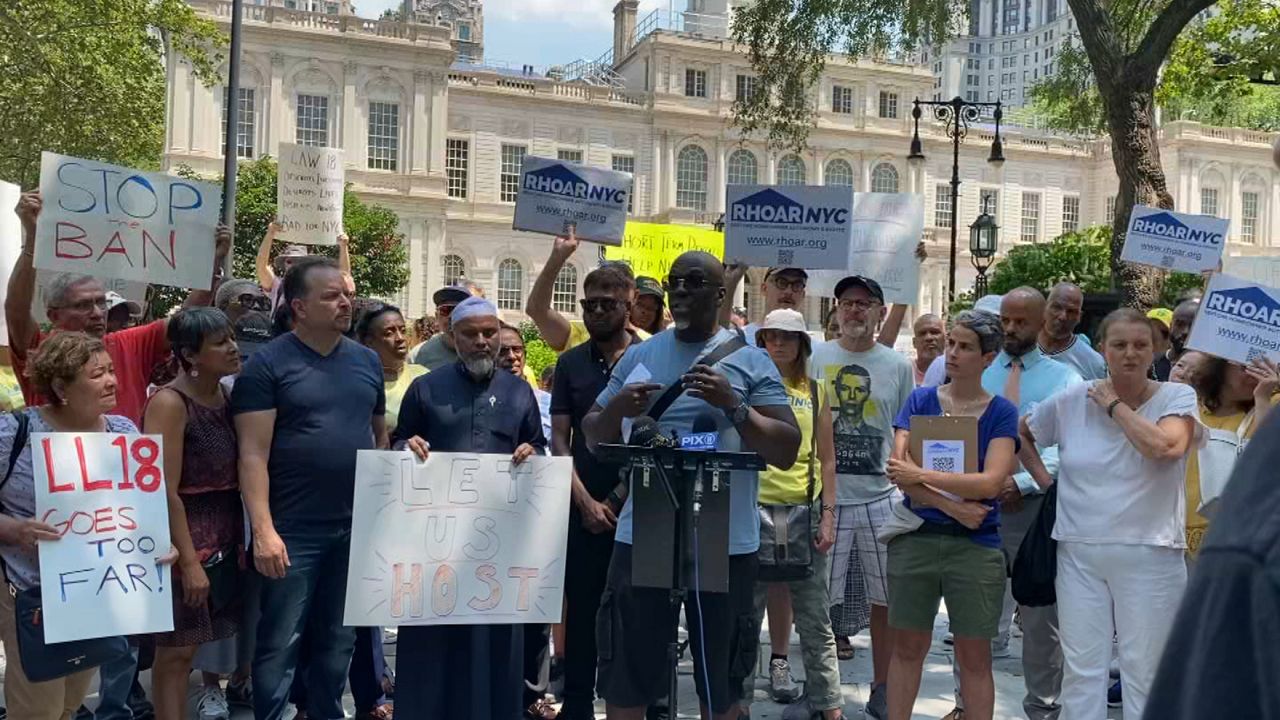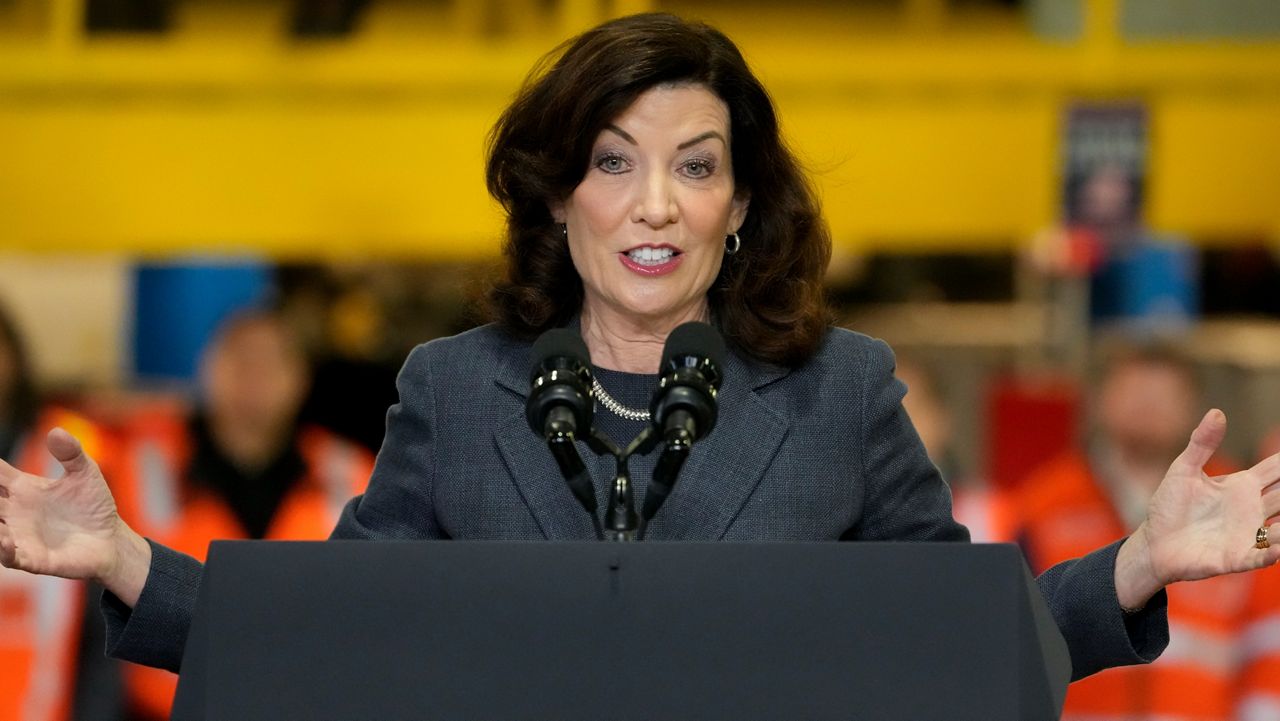During an oversight hearing Friday, the City Council tried to identify why the New York City Housing Authority is asking for significantly more funding this year compared to previous years.
“This is a game you guys are playing with the lives of NYCHA residents,” said Bronx Councilmember Rafael Salamanca Jr.
Emotions ran high among members of the Committee for Public Housing during the oversight hearing on a report outlining the condition of NYCHA properties and the need for tens of billions of dollars more in funding for a backlog of repairs and upgrades.
What You Need To Know
- During an oversight hearing, the City Council tried to figure out why NYCHA is asking for significantly more funding this year compared to previous years
- The Committee for Public Housing oversight hearing surrounded a report outlining the condition of NYCHA properties and the need for tens of billions of dollars more in funding for a backlog of repairs and upgrades
- The NYCHA Physical Needs Assessment discovered that $78.34 billion dollars worth repairs and upgrades are needed in 264 developments. That’s up from 45.2 billion in 2017. NYCHA officials say the increase is beyond their control
“We at the Council are doing our jobs,” Salamanca said. “We’re giving you the funding you need and you’re not getting the work done. I call that incompetence.”
“And I understand your frustration and the frustration residents may feel,” said Shaan Mavani, chief asset and capital management officer at NYCHA.
The NYCHA Physical Needs Assessment discovered that $78.34 billion worth of repairs and upgrades are needed in 264 developments. The price is up from $45.2 billion in 2017.
NYCHA officials say the increase is beyond their control.
“That’s a result of both general inflation and in particular a high level of inflation after COVID but also impacts on supply chains globally in the us,” Mavani said.
Some councilmembers did not believe NYCHA, nor did some residents.
“As you heard before, when NYCHA received funding, they sit on it and the costs end up going up,” Christina Chaise, second vice president of the Ravenswood Houses Resident Association and Advocacy Coordinator at Take Root Justice. “My question is, where’s the money they’ve been sitting on?”
Others accused NYCHA of failing to consult residents when researching for its report.
“That NYCHA do it with us and they do it right,” said Aixa Torres, president of Alfred E. Smith Houses. “They do it with us, not for us.”
All of this comes several years after NYCHA began attempting to offset its hefty costs by transitioning some residents to use federal Section 8 vouchers for rent and move management and repair work to private firms, in addition to a plan to tear down and replace the Fulton and Elliot-Chelsea Houses in Chelsea with new high-rise apartments for current tenants and new tenants in affordable and market rate housing.
Chronic issues, such as insufficient heating, lead and mold in apartments, triggered a court ordered federal monitor in 2019 to oversee all of NYCHA.
Chaise said the agency is still mismanaged and demanded a new report by an independent agency during Friday’s hearing.
“We have more than enough evidence to demonstrate why there’s mistrust of NYCHA, decades of capital negligence, patterns of no accountability and a track record of mismanagement and disregard,” she said.
The PNA is published every five years by NYCHA as recommended by the U.S. Department of Housing and Urban Development.


%20Pkg%20CC%20NYCHA%20Hearing%20CG?wid=320&hei=180&$wide-bg$)


)

